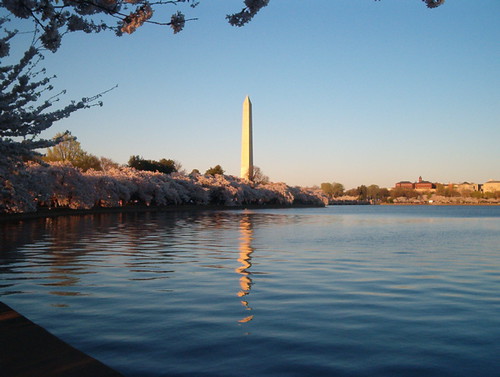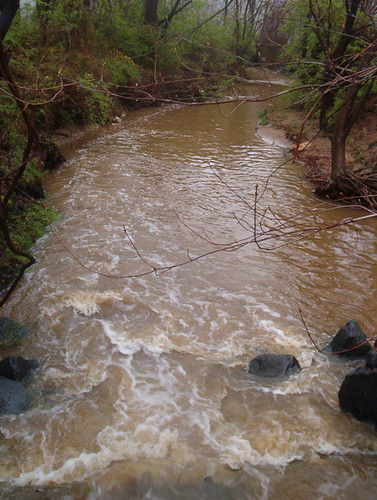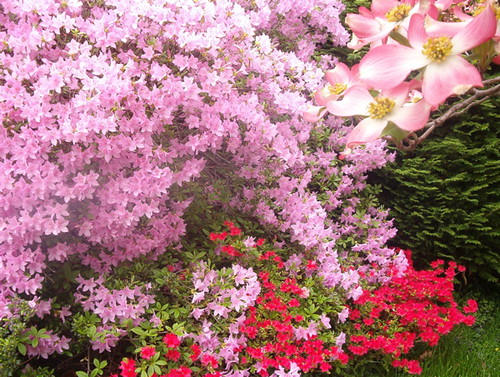In the interest of self-critique and intellectual honesty (or at the very least, knowing thy enemy) I thought it would behoove me to learn some of the arguments behind free trade boosterism. Since this is an enormous topic I'll try to limit myself to understanding a narrower question: does trade liberalism lead to a "race to the bottom" in environmental and labor standards?
Thankfully the libertarian Cato Institute website freetrade.org has a helpful (if elderly) FAQ addressing just this very question:
Ah. So, um ... not initially very enlightening. What I really want is for someone to honestly engage with this common concern about globalization and lay out some evidence for why its misguided. It gets a little better if you read one of their many longer reports, for example WTO Report Card III (pdf) by Aaron Lukas, which fleshes out the argument a little bit more (p. 10).Does free trade lead to a “race to the bottom” in global labor and environmental standards?
While this is a frequently heard complaint, there is no evidence of such a “race to the bottom.” In fact, the opposite is true: expanding trade and rising incomes tend to promote higher social standards. (continues)
So the initial impact of trade liberalization is in fact very likely to be environmental degradation and lowered labor standards. Nations often compete to attract foreign investment by setting up Export Processing Zones -- areas with lower tariff barriers and relaxed labor and environmental regulations. This is, of course, what free trade skeptics mean when they refer to the "race to the bottom" -- the first part of the "U"."The most important result of trade and investment, however, is economic growth, which in turn leads to a better environment. That is true because, as incomes rise, the demand for improved environmental quality also rises. Numerous studies have confirmed that, in practice, trade and investment activities usually have a positive impact on the environment.
This is not to imply that a cleaner environment is the immediate result of economic development. Empirical studies have revealed the existence of an inverted U–shaped relationship, often called an “Environmental Kuznets Curve,” after the late American economist Simon Kuznets, between environmental degradation and income per capita."
The Cato-ites don't seem to deny that this occurs. What they argue that a competing force is actually more important in the long run, and they go on and on about how the environment in the U.S. and Europe has gotten cleaner and cleaner over the past 30 years, despite the fact that we've liberalized our trade policies.
However, this line of argument strikes me as completely disingenuous, however descriptive it might be. Trade policy didn't clean up the environment; government regulation did. The Clean Water Act. Banning leaded gasoline. Onerous burdens placed on the noble free market by meddling government agencies, or so sayeth libertarian Cato.
Anyway, there are numerous justice issues here that I won't go into, except to point out that the implied model of development here is for the poor in the developing world to suck it up and wait for their country to get over the hump -- if it ever does.
I will say that reading through Cato's reports clarified in my mind that many (but not all) of my objections to "free trade" aren't about trade policy per se, but are instead about the onerous structural adjustment programs imposed on developing nations as part of economic aid packages. Lowering tariffs is one thing, but privatizing water utilities and raising fees for school enrollment is entirely another.
In other words the solution for poverty and environmental degradation in developing countries is not necessarily trade protectionism -- although giving the finger to the IMF might actually help a lot. At any rate, the so-called Washington Consensus is much less of a sure thing among economists than the more vanilla free-trade arguments that Cato is talking about.
But these are all fine ideas for future posts, sorry this one was so long. And please feel free to tell me I'm wrong, or at least point me in the right direction...




